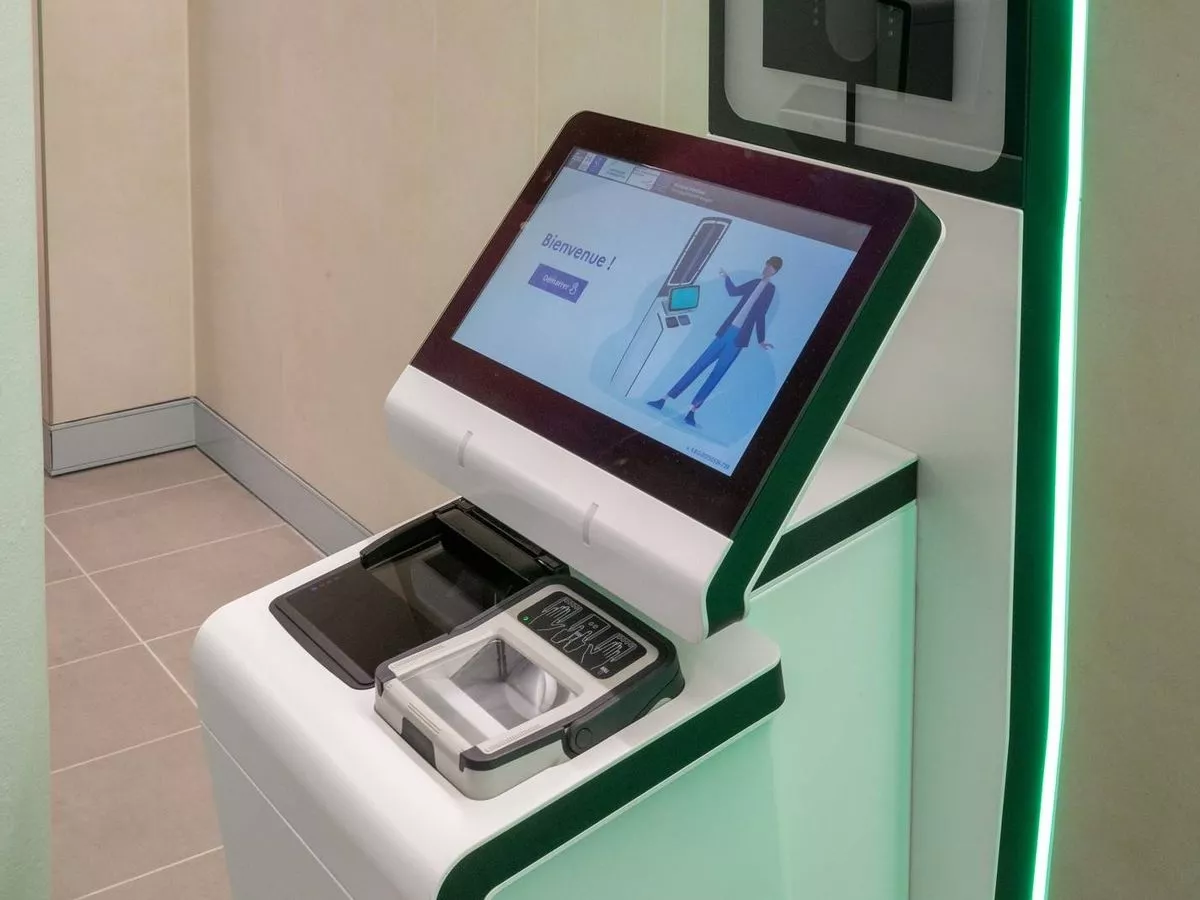Copyright birminghammail

Brits looking to jet off on holiday will need to answer four questions when a new European Union -wide border system comes into effect. The long-awaited and repeatedly delayed border system, set to govern travel across the entire European Union, is finally ready to launch on October 12. The EES will monitor the arrival and departure of "third-country nationals" entering and leaving the Schengen zone, eliminating the need for passport stamps. Read more Tourists warned about type of suitcase that might 'attract wrong people' in airports Its main aim is to digitise travel documentation to ensure that the restriction on days (90 within a 180-day timeframe) non-EU passport holders can stay in member countries isn't breached, whilst boosting border protection. Information will typically be kept on record for three years. Those who refuse to provide information can be denied entry. In addition to providing biometric data and having your passport scanned, travellers will be asked to answer four questions - either by the kiosks or by a human guard, reports the Mirror . They are: 1. Do you have somewhere to stay? 2. Do you have a return ticket? 3.Do you have enough funds to support yourself during your stay? 4. Do you have medical insurance? It's currently not entirely clear what the consequences are if passengers answer 'no' to any of these questions, or if they lie in their answers. Simon Lejeune, Eurostar's chief safety, stations, and security officer, was present on Wednesday morning to unveil the kiosks that will start collecting data from Brits next month. He indicated that travellers would be instructed to speak with a border official if they responded 'no'. They could then face refusal of entry into the country. A government spokesperson told the Mirror: "From 12th October, passengers who register for EES at a kiosk may need to answer a series of questions. If a traveller answers 'no' to any of these questions, they will be directed to speak with a border guard for further discussion. This is a normal part of border procedures, which is designed to ensure smooth and secure travel." There are substantial worries that this fresh system might trigger additional bottlenecks at ports, worsening the travel mayhem that has become commonplace during summer breaks since the Covid restrictions. Nevertheless, after receiving an early preview of the EES at St Pancras, my assessment is that these concerns may prove groundless. Eurostar and St Pancras have poured considerable resources into addressing the challenge, fitting rapid-processing kiosks to manage the lengthened border procedure. Should matters go awry, as they undoubtedly will, extra officials stand ready to process travellers manually. The introduction of the EES will be phased, both at St Pancras and other terminals throughout Europe. Only Eurostar's Premier and Carte Blanche passengers will be required to use the EES from October 12. A small number of standard ticket purchasers may be requested, though it's probable very few will be. Initially, biometrics like fingerprints won't be collected. This will only commence in mid-December and not for all passengers using EES. By January, all kiosks at Eurostar's St Pancras and Gare du Nord terminals will be fully operational, and a wider passenger sign-up will begin. Fingerprints will be taken, and all eligible customers will be encouraged to pre-register before border control. Once you've registered once, you won't need to do it again for another three years. In theory, this should speed up border checks, as border officers only verify the data of those registered. Mr Lejeune explained that registration should take about two minutes per person, meaning the process of getting through border control would take slightly longer if you've not used EES before. When we had the chance to see one of the 49 new kiosks installed at St Pancras in action, the process was considerably quicker. From start to finish, it took just over a minute. If something does go wrong, such as the machine failing to recognise a passport, then an expanded team of human border guards will be on hand to assist. The number of guard booths has been doubled from nine to 18.



